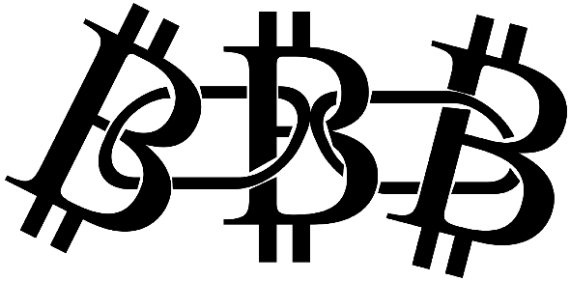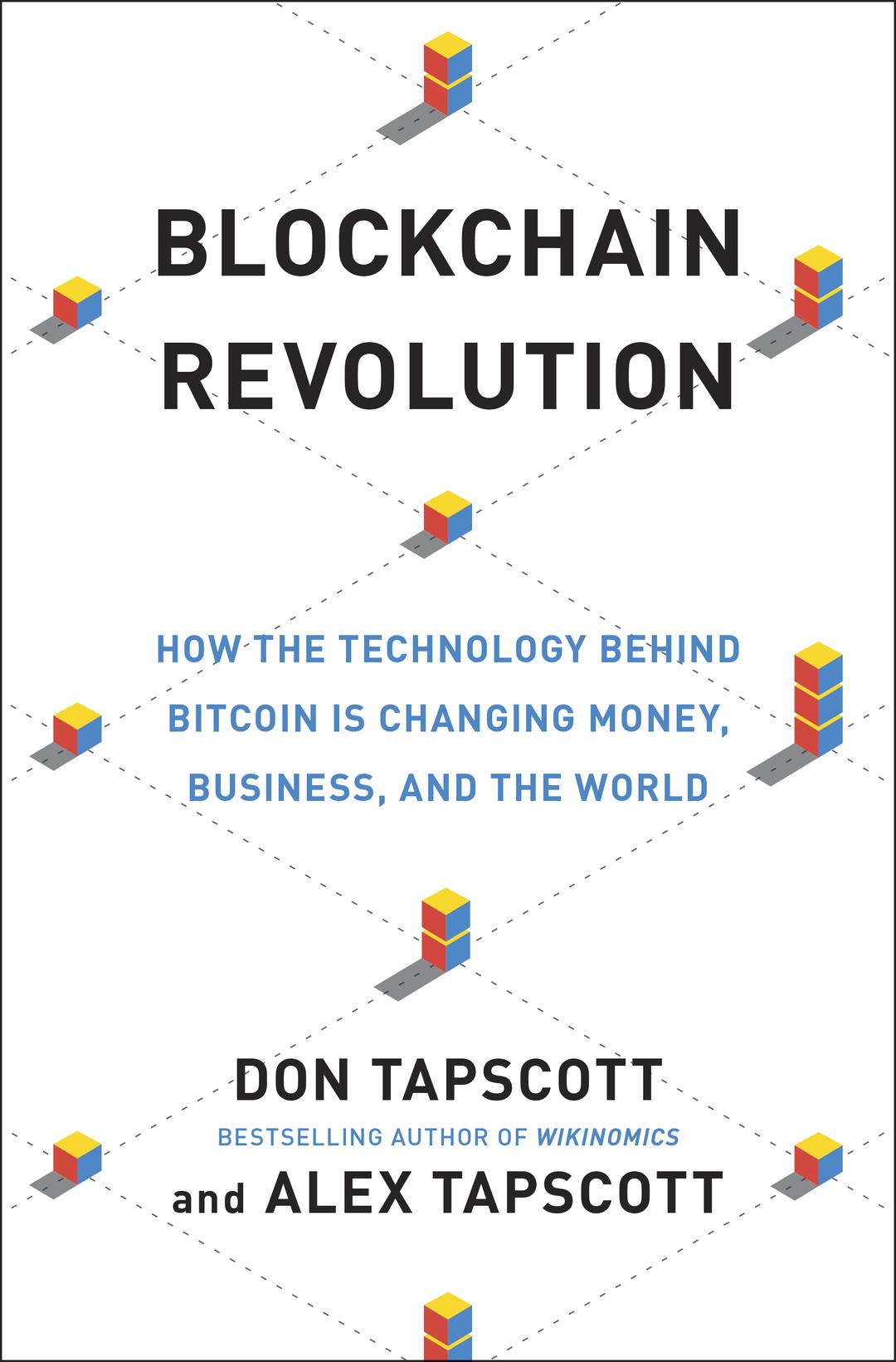by Don and Alex Tapscott
Yes, the digital revolution has brought countless wonders. The Internet, the World Wide Web, social media, mobile computing, geospatiality, big data, and the cloud have enabled myriad wonderful developments in virtually every aspect of life.
But when it comes to business, a careful analysis shows that, to date, the changes are only scratching the surface. Capitalism’s basic institution, the corporation, has remained relatively unchanged. Hierarchy, vertical integration, and bureaucracy — hallmarks of the industrial age — still reign. And when it comes to the economy as a whole, the digital revolution has not had a positive impact on prosperity for most. Social inequality is growing, and most economists are predicting decades of structural unemployment. The economies of many developed countries are growing, but for the first time in history, there is no commensurate job creation. Most people on the planet don’t participate in the digital economy.
Instead of being the solution, technology has been a big part of the problem, and not just because a new round of automation, robotics, or disruptive business models are wiping out important parts of the workforce. The old paradigm in technology and media, whether broadcasting, print, or mainframe computing, was centralized, controlled by powerful forces, and the recipients were passive. The new paradigm was supposed to be distributed, controlled by everyone, and empowering active participants. However, the distributed Internet was dropped into an economy that has concentrated power structures with an asymmetrical ability to shape this new tool for their own purposes. Whether we’re looking at the old financial-services behemoths, the new titans of Silicon Valley, or the vast government bureaucracies that mine the digital world to monitor their citizens, it’s clear that the dream of a new age of empowerment and participation, free from the power structures of the industrial age, has proved elusive. Wealth, prosperity, and freedom have arrived, but only for a few.
The Internet, as it’s currently designed, is not all that good for doing business, let alone the peer-to-peer business that can democratize prosperity and engage the world’s population more directly in the global economy. The Internet is great for collaboration and information exchange, but when it comes to transactions and commerce, it has some deep flaws.
Overall it has enabled many positive changes — for those with access to it. Without an economic layer to the Net, we can’t establish each other’s identity or trust each other to make transactions without validation from a third party like a bank or a government. Quite the opposite: It allows people to commit fraud, collect our data, and invade our privacy. It excludes 2.5 billion people from the global financial system. It channels power and prosperity to those who already have it, even if they’re no longer earning it.
The next generation of the Internet can be the key to solving those problems. The digital revolution is bringing a new and radically different platform for business and other institutions that can take us through the next quarter-century of human progress. At the core of this next generation is a piece of software ingenuity that may surprise you. It is the technology underlying the digital currency Bitcoin, a technology known simply as the blockchain. This technology platform is open and programmable and therefore holds the potential to unleash countless new applications — of which Bitcoin is one — and as-yet-unrealized capabilities that have the potential to transform everything in the next 25 years.
At its most basic, the blockchain is a global spreadsheet, an incorruptible digital ledger of economic transactions that can be programmed to record not just financial transactions but virtually everything of value and importance to humankind: birth and death certificates, marriage licenses, deeds and titles of ownership, educational degrees, financial accounts, medical procedures, insurance claims, votes, transactions between “smart” objects, and anything else that can be expressed in code. This ledger represents the truth because mass collaboration constantly reconciles it. We will not need to trust each other in the traditional sense, because the new platform ensures integrity.
Some scholars have argued, like Jacob Soll does in The Reckoning: Financial Accountability and the Rise and Fall of Nations, that the invention of double-entry bookkeeping enabled the rise of capitalism and the nation-state. Today the new platform enables a reconciliation of digital records; call it the “Digital Reconciliation.” The “Internet of Everything” needs a “Ledger of Everything.” Business, commerce, and the economy need a “Digital Reckoning.” Get ready for the “World Wide Ledger.”
Don Tapscott is the author of 15 widely read books about the digital revolution in business and society, dating back to 1981, the most recent being the 20th-anniversary edition of The Digital Economy. He will be giving a featured speech at SXSW on Monday, March 16, outlining the next stage of the digital revolution.
Alex Tapscott is 28-year-old investment banker based in Toronto and New York. He led the project to design a Bitcoin governance network for the Global Solutions Network Program at the Martin Prosperity Institute at the University of Toronto’s Rotman School of Management. With Don Tapscott he is leading a research investigation into the next-generation Internet.

